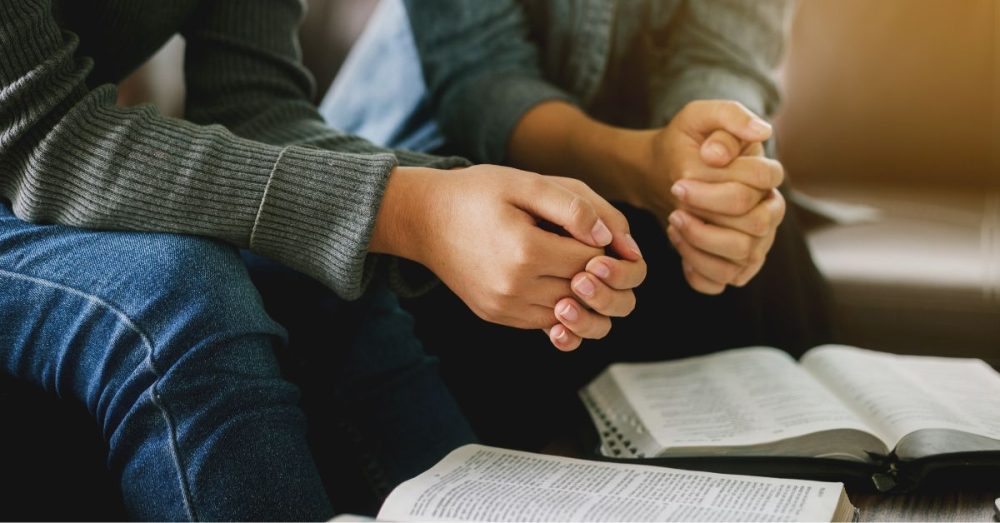(Texas Scorecard) – Two state senators have filed separate measures to bring the Ten Commandments and prayer into Texas classrooms.
Lt. Gov. Dan Patrick flagged both late last month as among his top 25 priorities for the 89th Legislative Session.
State Sen. Phil King (R-Weatherford) filed Senate Bill 10 on Monday. It would require “a public elementary or secondary school” to “display in a conspicuous place in each classroom of the school a durable poster or framed copy of the Ten Commandments.”
The poster must be 16 inches wide by 20 inches tall and be “in a size and typeface that is legible to a person with average vision from anywhere in the classroom.”
“The Ten Commandments are part of our Texas and American story. They are ingrained into who we are as a people and as a nation,” stated King. “Today, our students cry out for the moral clarity, for the statement of right and wrong that they represent. If our students don’t know the Ten Commandments, they will never understand the foundation for much of American history and law.”
“SB 10 recognizes the fundamental shift in the legal landscape of religious liberty in America,” he continued. “This legislation is in accord with the history and traditions of our state and nation. It will help ensure our students understand and appreciate the role of the Ten Commandments in our heritage, our system of law, and their impact throughout Western Civilization.”
Louisiana adopted a Ten Commandments requirement in public school classrooms last year. While a federal judge has temporarily blocked the law from taking effect, the state’s attorney general issued guidance last month on how schools can still comply.
State Sen. Mayes Middleton (R-Galveston) also filed Senate Bill 11 on Monday.
SB 11 would permit all public and charter school operators to adopt a policy requiring their schools to “provide students and employees with an opportunity to participate in a period of prayer and reading of the Bible or other religious text on each school day.”
Employees and the parent or guardian of each student would have to sign a consent form acknowledging their choice to participate. Signing the form would also waive their right to bring a First Amendment claim against the state, among other things.
Prayers or readings from the religious text can occur before the school day starts, in classrooms or other areas where a consent form has been submitted for every employee and student, or by other methods deemed necessary by the attorney general.
The attorney general is granted the ability, contingent upon approval from public or charter school operators, to provide advice on the best methods for complying with the law and defending them against potential litigation.
“Regardless of whether the board of trustees of a school district or the governing body of an open-enrollment charter school adopts a policy [under the law] … this section does not prohibit a student or employee of the district or school from participating in prayer or reading the Bible or other religious text during a period of the school day that is not designated as a period of prayer and reading of the Bible or other religious text,” reads the measure.
Middleton stated on X that he filed SB 11 “to protect the freedom to pray in school,” in alignment with Patrick’s priorities.
“Our schools are not God-free zones. This bill restores prayer in our public schools, which is also a top priority of President Trump,” explained Middleton. “This legislation builds on the victory of the Coach Kennedy case in the US Supreme Court by protecting religious freedom in our schools.”
Trump pledged during his 2024 campaign to bring prayer back to schools in a video overviewing his “10-point plan to rebuild America’s school system.”
Middleton also mentioned Kennedy v. Bremerton School District, a 2022 Supreme Court case in which the Court sided with a high school football coach who lost his job because of post-game prayers on the field.


